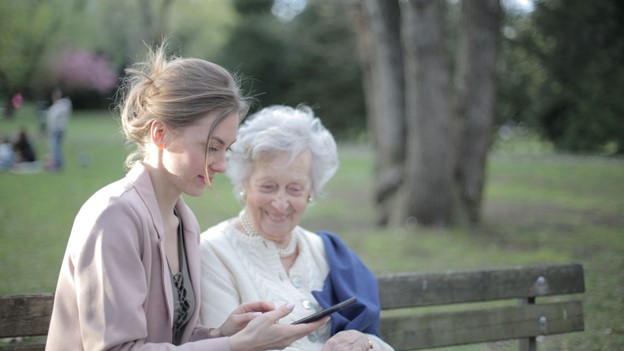When someone passes away, they often leave behind instructions in a will about how their assets should be distributed. If you have been named in that will, you may be a beneficiary. But what does it mean to be the beneficiary of a will, and what are your rights and responsibilities?
Whether you are receiving a family home, a financial gift or sentimental belongings, understanding your position can help you navigate the estate process more confidently. In Victoria, inheritance laws set out important rules for both beneficiaries and executors, so it is wise to be informed and prepared.
What Is a Beneficiary and What Are Their Rights?
A beneficiary of a will is an individual or organisation that has been named to receive assets or property from a deceased person’s estate. These assets may include real estate, money, shares, personal belongings or even digital property.
There are several types of will beneficiaries in Australia:
- Primary beneficiaries: Those who receive specific gifts or portions of the estate first.
- Residual beneficiaries: Those entitled to what remains after debts, taxes, and other bequests are settled.
- Contingent beneficiaries: Those who inherit only if certain conditions are met, such as another beneficiary passing away first.
As a beneficiary, you have the right to be informed about the administration of the estate, including receiving a copy of the will and being notified of your entitlement. You also have the right to ask questions and, in some cases, request a formal inventory of the assets.
It is important to note that estate distribution in Australia follows the wishes expressed in the will unless successfully contested or overturned by a court.
The Role of the Executor and Legal Considerations
The executor of the will is the person legally responsible for ensuring the deceased’s wishes are carried out. This includes identifying and collecting assets, paying off any debts and taxes, and distributing what remains to the named beneficiaries.
The relationship between the executor and beneficiary must be managed with transparency and accountability. Executors are required to act in the best interest of the estate and its beneficiaries, and they must not delay or withhold information without cause.
If you are unsure about the executor’s actions or feel you are being treated unfairly, it is advisable to seek legal advice for will disputes. Mismanagement or negligence can sometimes lead to claims or formal complaints, especially if significant sums are involved.
Can You Contest a Will in Victoria?
In some cases, a beneficiary or someone who was excluded from the will may believe the distribution was unfair or unlawful. Contesting a will in Victoria is possible under specific conditions, such as:
- You were a dependent of the deceased and believe you were not adequately provided for.
- You suspect the deceased was influenced or did not have capacity when writing the will.
- You believe the will was not properly executed or witnessed.
Legal processes around contesting a will can be complex, and strict time limits often apply. At McNab McNab & Starke, we offer trusted guidance for clients who need to understand their rights and options in such situations. Our lawyers can assess your case and advise on the best course of action.
Being named as a beneficiary of a will carries both rights and expectations. Whether you are receiving a portion of the estate or considering whether the distribution was fair, understanding your legal position is essential. With the right support, you can protect your entitlements and avoid unnecessary complications during an already difficult time.
Contact McNab McNab & Starke today for expert legal advice on wills, estates, and beneficiary rights. Our experienced team is here to support you through every stage of the process.
Why Choose McNab McNab & Starke

Over 100 years of dedicated service

Personalised expert legal service

Values-based and community-minded
McNab McNab & Starke is a long-established Victorian legal firm, operating since 1910. Our Wills and Estates team can offer personalised advice and other services.
We have offices in Melbourne, Essendon and Sunbury, with a strong network of professionals experienced in Wills and Estates law to achieve the best resolutions for our clients.
Wills and Estates Lawyers:
Contact Us for Personalised Wills and Estates Legal Advice
For help drafting a valid Will, managing deceased estates, dealing with disputes or understanding Wills and Estates law in Victoria, contact the team at McNab McNab & Starke. Call us on 03 9131 6382 or use our online contact form.

